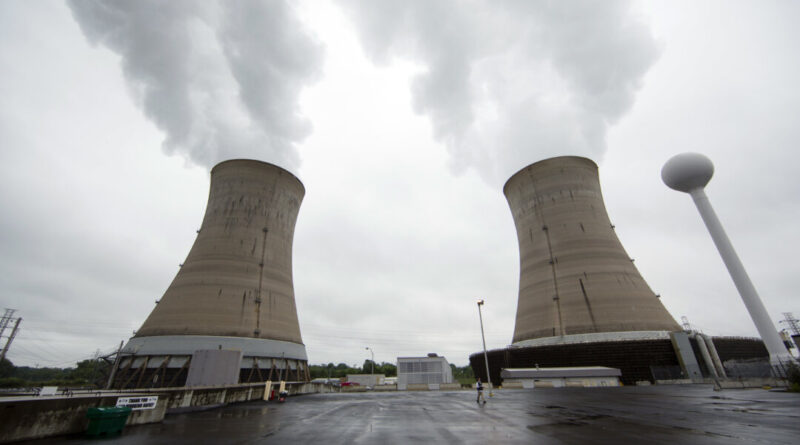Supreme Court to Hear Case on Texas Nuclear Waste Storage Dispute
The Fifth Circuit ruled in favor of Texas and determined that the Nuclear Regulatory Committee exceeded its authority.
The Supreme Court announced on Oct. 4 that it would review a pair of cases stemming from the federal government’s efforts to store nuclear waste in western Texas.
Texas has taken steps to prevent this by passing a law that bans the disposal or storage of high-level radioactive waste within the state.
Abbott and others filed a lawsuit against the Nuclear Regulatory Commission (NRC), which had approved a plan by a company called Interim Storage Partners to temporarily store the waste in Andrews County.
Upon reaching the U.S. Court of Appeals for the Fifth Circuit, a panel of judges ruled that the NRC not only violated federal law by attempting to store the waste in Texas, but also erred in claiming that Texas had no right to sue over its decision.
The Biden administration and Interim Storage Partners are urging the Supreme Court to overturn the Fifth Circuit’s decision, arguing that the court’s decision diverged from other circuits and disregarded established practices on the matter.
One of Texas’ arguments is that storing the waste in the Permian Basin Region, the top producing oil field in the U.S., poses a danger to the state. The Biden administration disputed this claim and contended that Texas and others were improperly involved in the lawsuit.
Nuclear Waste Disposal
The legal battle has been ongoing as the nation grapples with the safe production of nuclear energy. Yucca Mountain in Nevada was designated by Congress as a repository for waste, but disposal has faced numerous delays since the 1980s.
The Supreme Court is set to examine whether Congress authorized waste disposal and specifically if the NRC had the authority to license companies to temporarily store waste without availability at Yucca Mountain or another permanent facility.
Writing on behalf of the Fifth Circuit, Judge James Ho stated that the Nuclear Waste Policy Act and Atomic Energy Act did not allow the NRC to license a private facility for the storage of spent nuclear fuel away from a reactor. Ho explained that Congress had established a statutory scheme that restricted temporary storage to private or federal sites located at reactors.
Texas’s Involvement
A separate issue the Supreme Court will address is whether Texas’s participation in the lawsuit is legitimate under the Hobbs Act, or Hobbs Administrative Orders Review Act.
The law restricts the parties eligible to seek judicial review of an agency’s decision. The NRC contends that Texas and energy company Fasken were not part of the original licensing process before the agency and therefore did not have the right to request the Fifth Circuit’s review.
Prelogar maintained that Ho’s use of the exception was flawed in multiple ways, disregarded the plain text of the Hobbs Act, and conflicted with interpretations from other circuits on the federal law.
“The Fifth Circuit’s new restrictions on the Commission’s licensing authority will have significant consequences for the Commission and the nuclear power industry,” she added.





